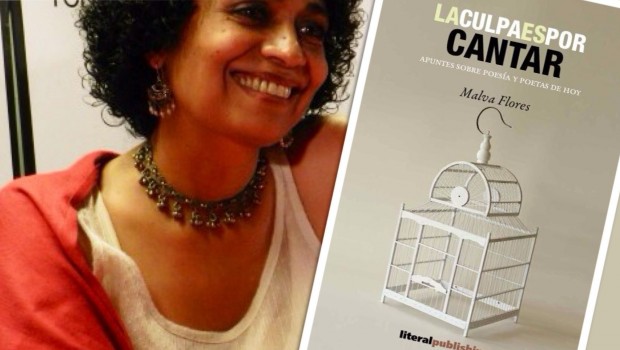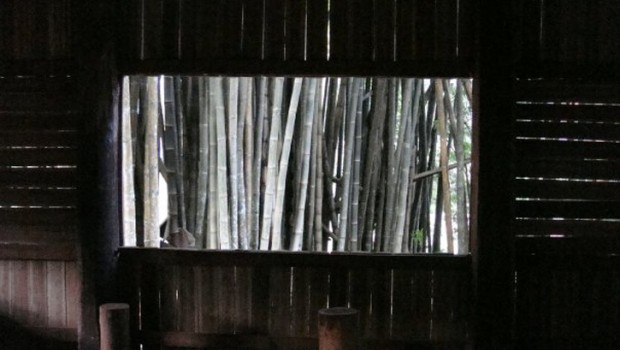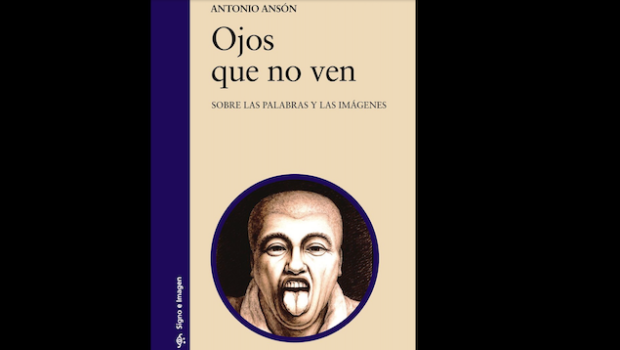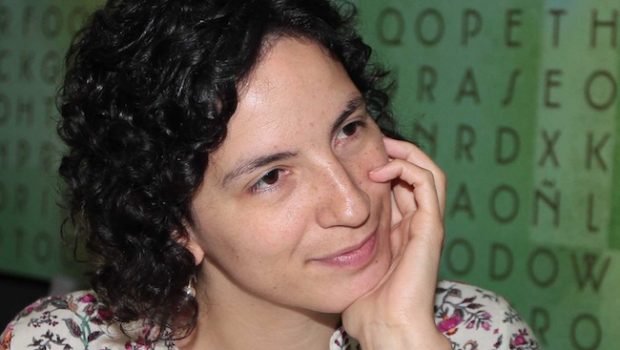Here In Berlin
Greg Walklin
Cristina García
Counterpoint Press
“The world is draining itself,” W.G. Sebald wrote in Austerlitz, “in that the history of countless places and objects which themselves have no power of memory is never heard, never described or passed on.” Only humans have memory and can tell stories, Sebald was saying, and so the world that we know is composed of our memories and recollections. And when so much is destroyed—as when the Allies relentlessly bombed Berlin—how do we even begin to know what stories we are missing?
In several ways, Cristina García’s new novel, Here in Berlin, draws from Sebald’s oeuvre and aesthetic (in the acknowledgements, García even cites On the Natural History of Destruction). To describe this place, García turns—as Sebald saw as inevitable—to people. The novel consists of a concert of voices, mostly Berliners, all viewed through the lens of The Visitor, a Sebaldian stand-in for the author. Unnamed, she is described as being in “late middle age,” and having extensively traveled. Though she spent some time in Freiburg, Münster, and Frankfurt, the last time she was in Berlin was three decades ago, and now her German language skills have “atrophied.” The book also contains numerous photographs, a technique in fiction that Sebald popularized.
Some of these chapters read like interviews with the questions excerpted, some as soliloquies. The stories come, one chapter after another, in digestible personal histories, defenses, confessions, explanations, secrets —Berliners from all walks of life, born or adopted, including former Stasi agents, ballerinas, antique dealers, trophy husbands, secreted Russians, African immigrants, and others. The destruction from World War II and the fear of the Soviet army are pervasive (“We didn’t commit half the atrocities they did,” one character complains) as García builds a portrait of postwar German identity. Some of the chapters are outstanding, while some tend to bleed together, as enough voices don’t always differentiate with one another to be easily distinguishable. That is a cavil, though, for what is otherwise, through spry and fatalistic sentences, a strong achievement of diversity —the gradual painting of mural with many masterful brush strokes, and an expert parroting whose characters’ egotism, recriminations, and melancholy all feel authentic.
Herta Huber, who has run a kiosk at the Hauptbanhof for sixty years, provides a representative viewpoint of Berliner denial in this book. To her, Germans have nothing to expiate —Huber declares that “There’s no such thing as pure evil” and that her Uncle Heinz rightly refused to own up to his crimes during the war because it “meant that everyone else might be forced to do the same.”
The Visitor herself seems equally to be running from her past, a denial enabled by her constant travel. She travels to Berlin because she sees something of herself in it: “Everything that obsessed her, she insisted, was autobiographical in the extreme.” Although one is left wishing to know more about her, The Visitor’s character is slyly assembled through the stories of others, the ones seemingly selected and picked for the book —García pulls a thread from Berlin’s stories to highlight a common humanity with someone born thousands of miles away. When John F. Kennedy famously declared “Ich bin ein Berliner” on the steps of the Rathaus Schöneberg, he was seeking the same connection: Berlin as a sort of paradigm for the rest of the world.
Indeed, the Visitor and the rest of the Berliners in this book seem to be experiencing a feeling of malaise that Sebald, for example, enlarged in his fiction. Here, García, through Frida Krechel—a woman who was raised by a team of nurses as one of the “breeding-program children” meant to produce a populous Aryan nation—captures the postwar melancholic zeitgeist:
Overall, I guess you could say I’ve been more satisfied than happy. I don’t feel joy the way other people seem to experience it, yet I don’t suffer as much either. It’s hard to describe—a little like trying to sew closed an infinite hole. You see, my ear, the problem for me isn’t enduring life’s pain but its beauty. Ja, that’s the harder, the much harder, thing.
García has authored seven novels. Her debut, Dreaming in Cuban, was a finalist for the National Book Award. In an interesting twist, in Here in Berlin she has included the perspectives of Cubans who ended up, in one way or another, in Berlin. These episodes are the book’s highlights. One of those characters, Ernesto Cuadra, is kidnapped by a German submarine, becomes a de facto member of their crew, and then is dropped off back in Cuba again. Nobody believes him, but this doesn’t end up bothering him. “Sometimes the truth is so outlandish,” he says, “that it’s better to let people believe you’re indulging in fantasy.” To some degree, that is what Here in Berlin is about: the fantasy that is all of our pasts, the story that we make up to construct ourselves, and how that story can be especially fantastic to do, or when we’ve done, terrible things. “In Berlin’s past,” one character says, “we seek our own.”
In the novel, Berlin itself is variously described as a city of “pensioners and artists” and not “one city but many cities, and much bigger even than its myths.” It perhaps shares something in common with one of Italo Calvino’s imaginary Invisible Cities, which he described in that novel as consisting of “relationships between the measurements of its space and the events of its past.” What would Berlin look like, if it were built like this? There is so much history it seems like it could expand to swallow the world, but there is so much secrecy and so much still unknown it could shrink to nearly nothing. Here in Berlin is a fine entré into that contradiction, seen through the eyes of those who lived it.
 Greg Walklin is an attorney and writer living in Lincoln, Nebraska. His book reviews have appeared in The Millions, Necessary Fiction, The Colorado Review, and the Lincoln Journal-Star, among other publications. He has also published several pieces of short fiction. Twitter: @gwalklin
Greg Walklin is an attorney and writer living in Lincoln, Nebraska. His book reviews have appeared in The Millions, Necessary Fiction, The Colorado Review, and the Lincoln Journal-Star, among other publications. He has also published several pieces of short fiction. Twitter: @gwalklin
©Literal Publishing
Posted: November 27, 2017 at 9:36 pm










